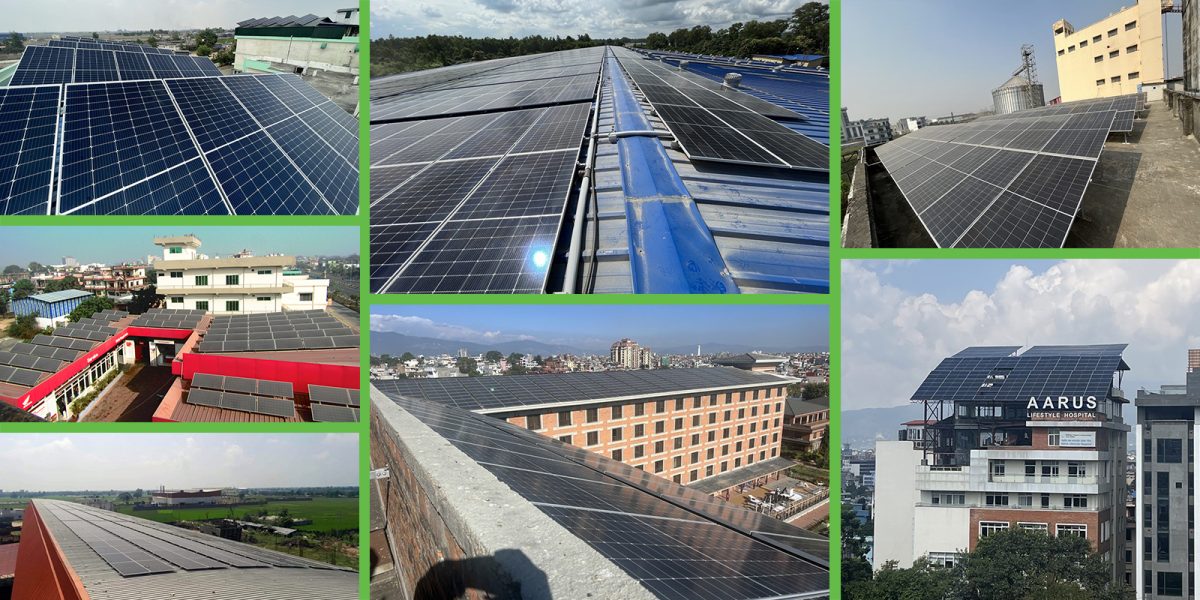
Kathmandu — On the eve of COP28, Nepal marks a significant milestone in its sustainable energy journey. The total capacity of rooftop solar photovoltaic (PV) projects approved for support through the Sustainable Energy Challenge Fund (SECF) has exceeded the 5 MW mark. This achievement highlights Nepal's commitment to renewable energy and sustainable development.
The SECF, a pioneering initiative by the Government of Nepal, in collaboration with the Alternative Energy Promotion Centre (AEPC), has approved 14 diverse projects. These projects include installations at three hospitals, three food industries, two beverage industries, and a variety of other sectors such as a hotel, a pharmaceutical company, an automobile workshop, a steel mill, a shoe factory, and a tea factory.

The support from SECF, amounting to NPR 55,381,494 (£0.329 million), has successfully leveraged NPR 325,593,514 (£1.935 million) of private investment. This almost six-fold increase in investment demonstrates the effectiveness of the challenge fund mechanism in mobilizing private sector resources for renewable energy projects.
Of the 14 approved projects, 10 are being implemented under the Renewable Energy Service Company (RESCO) model. In this model, solar companies invest in the system and sell the generated electricity to the respective industries. The remaining four projects are self-financed by the industries, showcasing a strong commitment from the private sector towards sustainable energy solutions.

The SECF initiative is supported by the Nepal Renewable Energy Programme (NREP) and financially backed by the British Embassy in Kathmandu. This collaboration exemplifies the global partnership needed to combat climate change and promote renewable energy.
As Nepal prepares to participate in COP28, this achievement sets a powerful precedent for other nations striving to enhance their renewable energy capacities. The successful implementation of these projects will not only reduce the carbon footprint but also foster economic growth and energy security in the region.